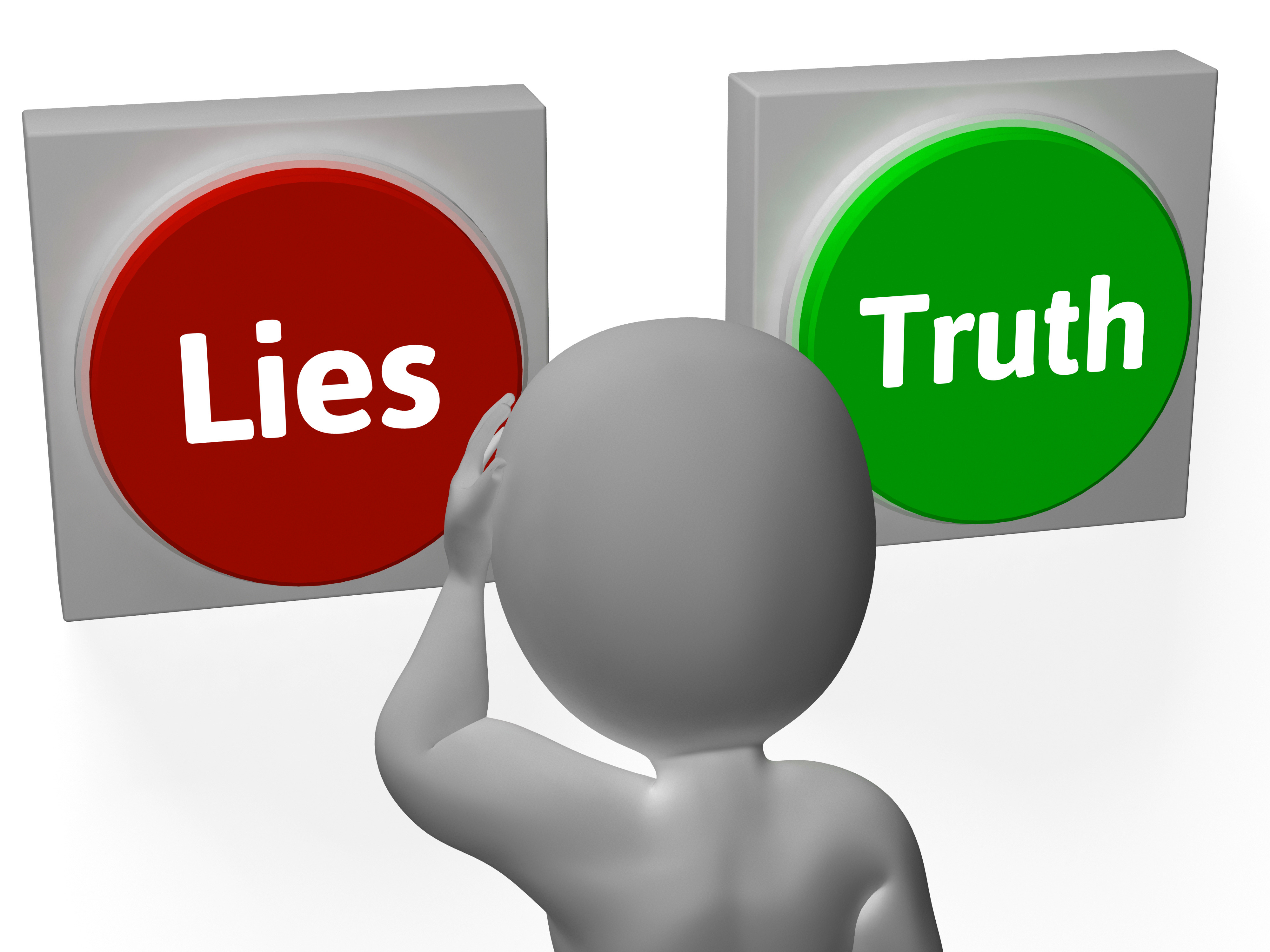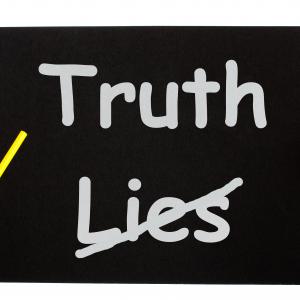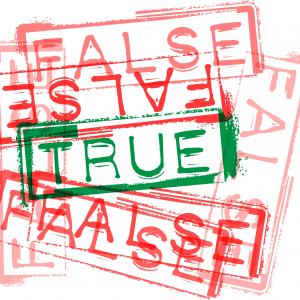In our previous article, we looked at how we lie. Sometimes is not outright or bold-faced, but a subtle maneuvering of the truth, which is still a lie. Today, we shift to the root reasons of WHY we lie.
Why We Lie: The Main Reason
The main reason we lie comes down to a single word: FEAR!
We are afraid that the truth will damage us, our cause, or our case in some unfavorable way, so we exchange the truth for a lie. Fear is one of the greatest motivators of all time. (Note, I am not saying it is a positive motivator, simply a powerful motivator). Fear drives us to do irrational things.
One author states, “In short, fear is a motivating force arising from the ability to recognize danger leading to an urge to confront it or flee from it.”
Lying is typically a flight mechanism attached to fear. We don’t like what is presenting itself, and so we attempt to manipulate the truth for our own protection or gain.
How Fear Motivates Us to Lie
1. We are afraid of negative consequences.
None of us like negative consequences. The term “face the facts” has at its root the implication that we do not correctly perceive the situation at hand, and were we to do so, it would mean bad things for us.
Typically the negative consequence is some type of loss. The potential loss of position, prestige, spouse, friendship, job or simply loss of face creates a fear within us. We think if the truth gets out, it will damage us and cause loss, so we instead tell a lie.
The irony of this move is that the cover-up involved of telling a lie is typically more damaging than the truth and facts themselves. Think of the headline grabbing news stories of the past…Watergate, Iran-Contra, and Hillary’s recent email scandal. Each of these stories gained MORE attention than simply the act itself because the parties involved tried to cover up the truth. It ultimately did them much more damage than a simple disclosure of the truth.
A counselor friend shared that a spouse cheated upon is usually much more upset about the deception involved than the actual act. No one likes being lied to—not one of us! The lie is where the truly difficult-to-repair relational damage arises. Yet the party doing the lying feels they are lessening the blow to the offended and bettering their chances of not experiencing loss when, in fact, they are compounding them.
2. We are afraid of losing the illusion we created for others.
There is a natural tendency in us to want people to see the best of us. Facebook and other social media channels allow us to disclose to people the parts of us we want them to see. If that illusion gets questioned, we become fearful and can easily lie to protect the illusion of ourselves that we think others have of us.
The funny thing is that most of us have a self-created illusion that has holes in it that others can see right through. No one thinks we are as perfect as we have presented ourselves. In reality, people are drawn to people who reveal their flaws and have a high degree of transparency.
3. We are afraid we won’t get what we want.
This motivator to lie is centered around the phrase:
If I don’t lie in this situation, I can’t get/maintain__________ (fill in the blank),
and I have to have it for the _______ (fill in the blank) it gives.
The blanks can be filled in with many things.
If I don’t lie in this situation, I can’t maintain the salary I make, and I have to have it for the security it gives.
If I don’t lie in this situation, I can’t keep my secret addiction, and I have to have it for the pain it lets me not feel.
If I don’t lie in this situation, I can’t maintain peace with my spouse, and I have to have it for the conflict avoidance it gives.
Generally the second blank is an emotion or feeling we are trying to preserve. These are key to our internal happiness so we seek to protect them, even by the act of lying.
4. We are afraid we will lose control.
Another motivator that persuades us to lie is our fear of losing control. We fear that telling the truth will give another party the ammunition they need to wrestle control away from us. We feel like we need to be in command of defining the situation in a positive light.
A classic example of this is when the sales department inflates the number of promising leads in their quarterly report. They fear if others see the leads go down, even if for rational reasons, someone will step in and begin to micro-manage the process. They fail to realize that if the lie is discovered, that will bring micro-management to an even greater degree.
5. Fear that someone who deserves it will walk away unpunished.
This lie is the one told about others. We all constantly play judge and jury in our own minds. Is someone getting credit that isn’t due? It's time to bring them down a notch. Is someone being oppressed by another party? Let’s spin up some negative, but subtly untrue, statements about the offending party so people will see them in their “real light.” After all, the ends justify the means, right? Wrong. We would like our own actions to be judged by the truth and not falsehood, so why wouldn’t we extend that to others? Otherwise, we become hypocrites, something none of us want to be called.
In Conclusion
While lying may serve to offer a short-term relief and assuage our fears, lying ultimately breaks long-term trust, something that will ultimately cause us much more pain that what we currently fear. In addition, lying lowers our trustworthiness, one of the Seven Influence Traits™, which then diminishes our influence.
In our final article in the series, we’ll deal with how to STOP lying.




